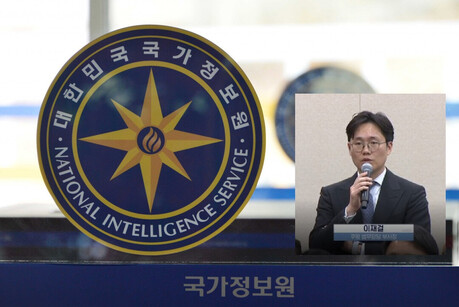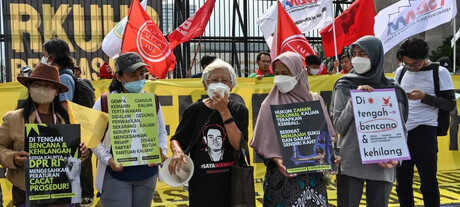
(C) KBS
SEOUL – The potential regulation of South Korea's highly popular "dawn delivery" service has ignited a fierce public debate, with a recent national petition underscoring the indispensable role the service plays in the daily lives of countless households, particularly working parents.
A petition titled "Objection to the Prohibition and Restriction of Dawn Delivery" was posted yesterday on the National Assembly's public consent petition board, quickly gaining traction across political and online communities. The petitioner, identified as "A," a working mother raising two children—a middle schooler and an elementary schooler—described the proposed ban as a devastating blow to her family’s routine.
More Than Convenience: A Foundation for Family Life
For A and many others like her, dawn delivery—which ensures groceries and daily necessities arrive on their doorstep before the break of dawn—is far from a mere convenience. "For 맞벌이 부모 (double-income parents) who return home late in the evening, dawn delivery is not just a convenience; it is a critical means of sustaining our daily lives," A emphasized in her petition. She explained that after the closing hours of physical stores, this service becomes the only way to secure school supplies or ingredients for the children’s breakfast.
The petitioner stressed that the issue transcends simple consumer choice. "This is not just a matter of consumption; it is an issue concerning the foundation of life, safeguarding a family's happiness, health, childcare, and education," A stated, painting a vivid picture of the reliance working families have developed on this logistics infrastructure.
For dual-income households, the sheer act of grocery shopping—jang boneun il—is practically impossible without the aid of early morning delivery. The service has become a "필수 서비스 (essential service)" that is inseparable from the nation's contemporary urban lifestyle.
The Perils of Hasty Regulation
The recent surge in public concern stems from a proposal made by the Korean Confederation of Trade Unions (KCTU) National Delivery Workers Union. Last month, during a 'Delivery Social Dialogue Committee' meeting overseen by the Ministry of Land, Infrastructure and Transport, the union suggested restricting ultra-late-night deliveries between midnight and 5 a.m. to protect workers' sleep and health rights. While the goal of ensuring courier well-being is widely acknowledged, the proposed method has sparked considerable backlash from the consumer base.
A pointed out the potential pitfalls of overzealous legislative action, cautioning against "unrestrained regulation." She argued that regulating an industry so closely intertwined with public life and responsible for a substantial number of jobs demands "sufficient discussion." The petitioner warned that an outright ban would be an "arbitrary prohibition" that would only "cause greater social conflict and inconvenience."
The dilemma pits the crucial need for worker protection against the profound shifts in consumer behavior and logistics efficiency that have been rapidly integrated into modern Korean family life. As political, labor, and industry stakeholders continue to debate the future of dawn delivery, the desperate plea of a working mother has crystallized the consumer voice, demanding that policymakers recognize the service as a foundational element of contemporary double-income family stability. The challenge remains to find a regulatory solution that protects the health of the delivery workforce without dismantling an essential pillar of the urban household economy.
[Copyright (c) Global Economic Times. All Rights Reserved.]




























